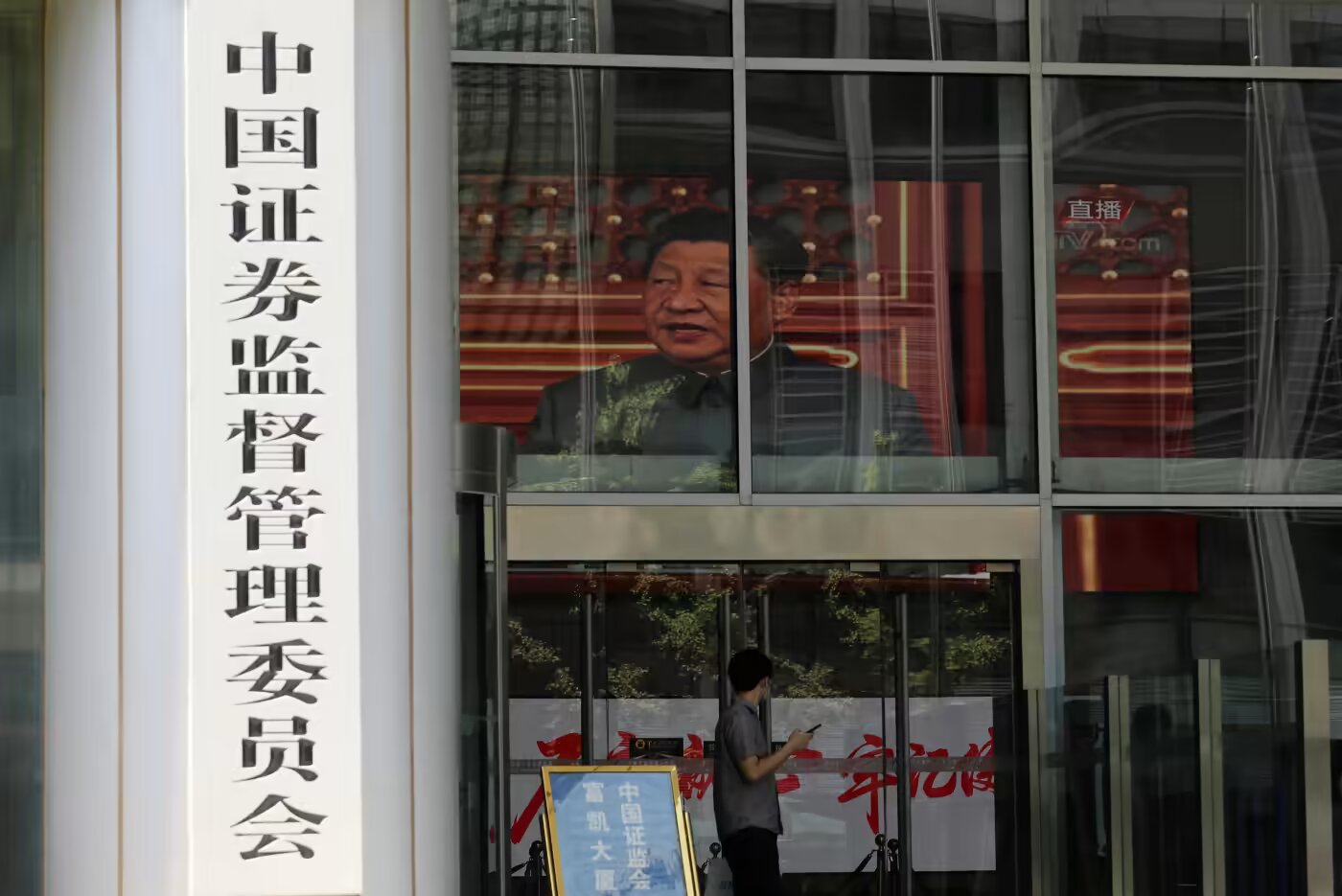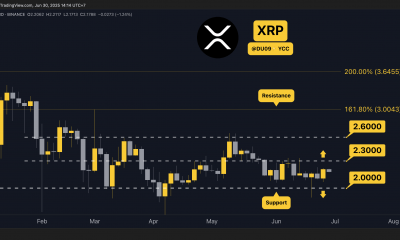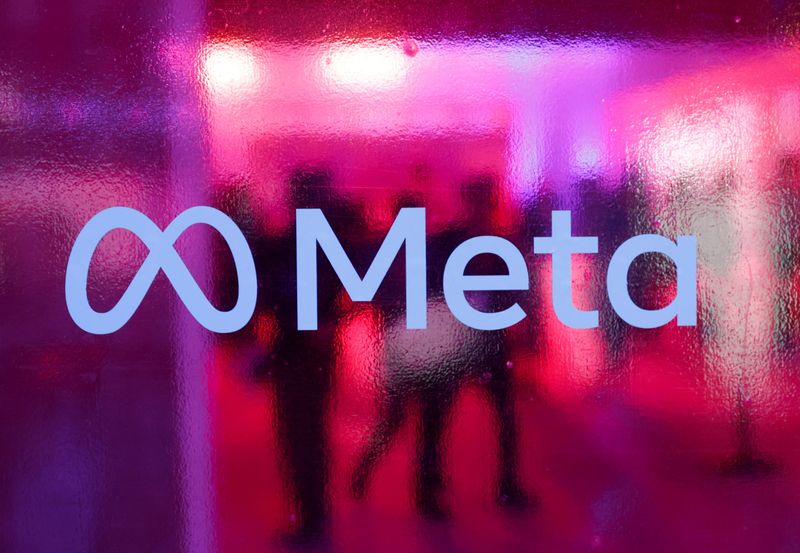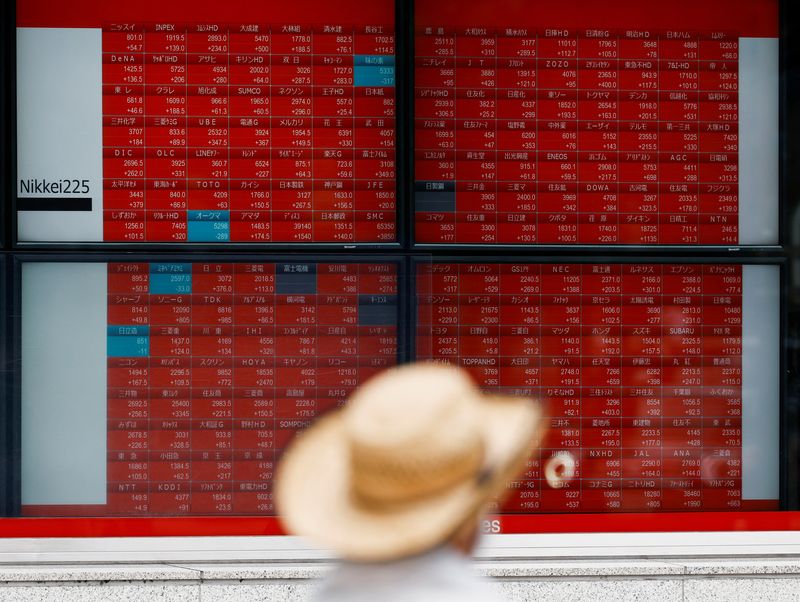Stock Markets
China’s IPOs surge after relaxed listing rules

IPO reforms in China have sharply increased the number of new public debuts on major stock exchanges in Shanghai and Shenzhen, which speaks in favor of a relaxed regulatory framework that could strengthen China’s position as one of the busiest places to sell stocks in the world, Bloomberg writes. And that’s amid uncertainty in the U.S. stock market, particularly the S&P 500 Index.
Recent electronics distributor Shenzhen CECport Technologies, which recently went public, was the leader among the 10 companies trading for the first time under the new IPO rules. Its shares gained 239% on Monday, while those of BOTH Engineering Technology were up 133%. The other 8 listed firms also jumped, even causing a 10-minute pause in trading, which occurs when a stock moves more than 30% in either direction.
The new IPO registration-based rules reduce regulatory involvement in listings, allowing companies in traditional industries to take advantage of the same system for high-growth or innovative firms, which will make it easier for them to finance.
IPO revenue in 2022 is up 13% year over year in China, compared with declines in Hong Kong, New York, and London.
Regulators are no longer making judgments about the investment attractiveness or value of a firm, suggesting a transformation of all basic regulatory logic.
The reform also abolishes the rules for a company’s valuation cap of 23 times its earnings and the cap for the first-day IPO price.
We previously reported that Japan, India, Germany and France will be hit hardest by rising oil prices.
Stock Markets
Meta hires four more OpenAI researchers, The Information reports
Stock Markets
Shares rally on China-US trade optimism, dollar trades at multi-year lows
Stock Markets
Amazon, Netflix among Thursday’s market cap stock movers

 Forex3 years ago
Forex3 years agoForex Today: the dollar is gaining strength amid gloomy sentiment at the start of the Fed’s week

 Forex3 years ago
Forex3 years agoUnbiased review of Pocket Option broker

 Forex3 years ago
Forex3 years agoDollar to pound sterling exchange rate today: Pound plummeted to its lowest since 1985

 Forex3 years ago
Forex3 years agoHow is the Australian dollar doing today?

 Cryptocurrency3 years ago
Cryptocurrency3 years agoWhat happened in the crypto market – current events today

 World3 years ago
World3 years agoWhy are modern video games an art form?

 Commodities3 years ago
Commodities3 years agoCopper continues to fall in price on expectations of lower demand in China

 Economy3 years ago
Economy3 years agoCrude oil tankers double in price due to EU anti-Russian sanctions





























